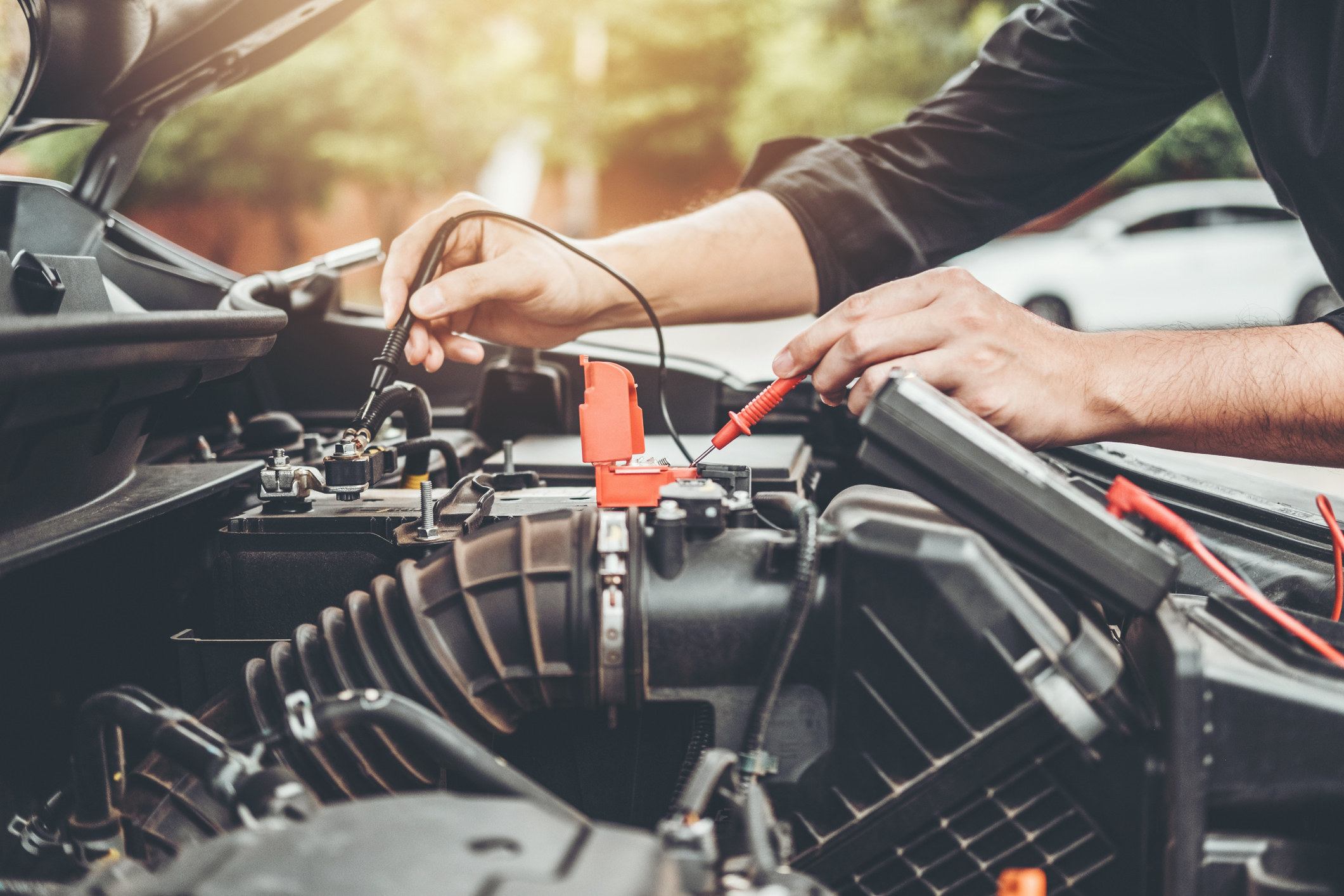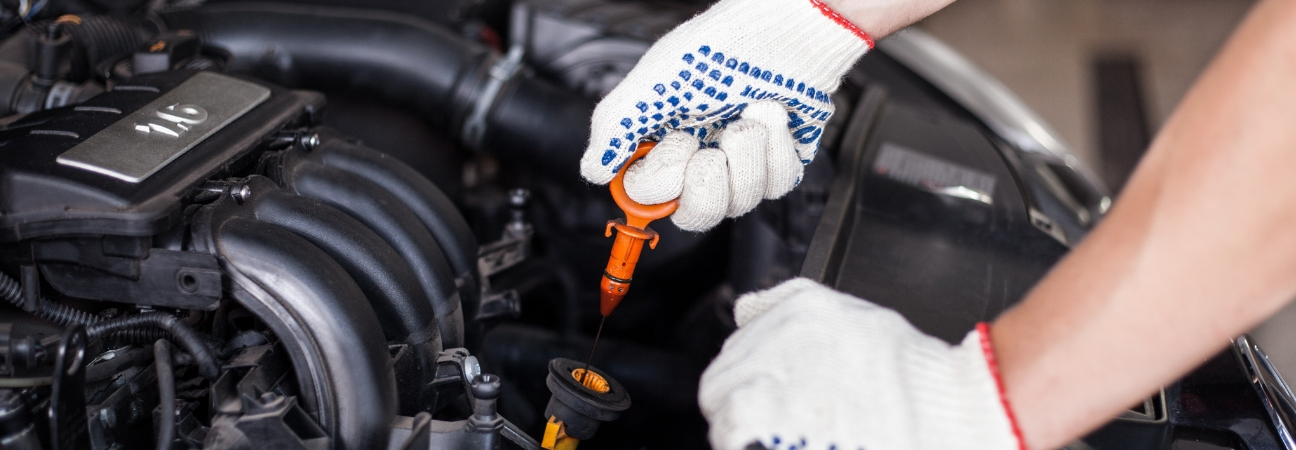All Categories
Featured
When your vehicle experiences a major breakdown, the cost of repair services can be an overwhelming monetary factor to consider. Whether it's the failing of an essential system like the engine or transmission, or the demand for considerable fixings to different elements, recognizing the factors that affect fixing costs can help you make even more educated choices. Listed below, we lay out the essential aspects that add to the cost of significant cars and truck fixings.
![]()
![]()
![]()
Final thought. A number of aspects influence the price of significant auto fixings, consisting of the type of repair work, the make and model of your automobile, the high quality of the parts used, labor charges, and the level of the damage. Recognizing these elements can assist you make more enlightened choices and plan for the financial ramifications of auto fixings. To decrease the likelihood of expensive repair work, routine maintenance is crucial. By remaining on top of routine maintenance and addressing little concerns before they rise, you can minimize the possibilities of dealing with expensive repairs in the future.

- Sort of Fixing. The key variable influencing the price of automobile repair work is the kind of concern your automobile is experiencing. Particular systems in an auto, like the engine or transmission, call for even more time to identify and repair, which directly converts right into greater labor costs.
- Vehicle Make and Model. The make and design of your car plays a major role in establishing fixing prices. High-end cars and high-performance lorries like BMWs, Audis, or Mercedes-Benz tend to have higher repair prices because of their specialized components, progressed technology, and the experience needed for their repair work.

- Parts Quality and Accessibility. The top quality of the parts utilized in the repair considerably affects the price. Original Devices Maker (OEM) parts are generally much more pricey than aftermarket components due to the fact that they are created especially for your vehicle and are assured to fulfill manufacturing facility standards. While OEM parts make certain top quality and durability, they often feature a higher price. Alternatively, aftermarket parts may be more economical but can differ in top quality. In some situations, less expensive aftermarket components might reduce the general fixing cost, yet they may not provide the same long life as OEM components, which might result in added repairs later on. The schedule of components, specifically for older or uncommon lorries, can also impact the price. If components are tough to find, it might take longer to complete the fixing, leading to higher labor expenses.
- Labor Expenses. Some repair work, such as engine overhauls or transmission repairs, might call for numerous hours or even days of labor, substantially raising the overall price. Labor rates also depend on the location of the repair work shop-- auto mechanics in city areas or high-demand places might charge greater rates due to the expense of living and overhead.
- Extent of the Damage. The degree of the damage is one more important aspect influencing fixing costs. If the damages is confined to one part of the vehicle, such as a broken generator or malfunctioning brake pads, the repair will generally be cheaper. If the issue is more serious and affects several systems, such as a transmission failure that also harms various other parts, the cost will certainly rise. Considerable damage might likewise call for the replacement of numerous parts, which raises both the price of components and labor.
- Automobile Age and Problem. The age and general condition of your lorry play a significant function in the cost of repairs. Well-maintained lorries tend to have reduced fixing prices due to the fact that their systems are in much better working problem, requiring fewer and less costly repairs.
- Shop Area and Online Reputation. The repair service shop you select can likewise influence the cost of your repair services. Additionally, repair work shops that specialize in certain brands or kinds of repair work might bill more for their expertise.

- Service Warranty and Insurance Coverage Insurance Coverage. If your auto is still under warranty, major fixings might be covered, which can considerably reduce your out-of-pocket expenses. Additionally, if the damages is created by an accident or external element, your vehicle insurance policy may cover the repair work expenses, much less any insurance deductible.
Final thought. A number of aspects influence the price of significant auto fixings, consisting of the type of repair work, the make and model of your automobile, the high quality of the parts used, labor charges, and the level of the damage. Recognizing these elements can assist you make more enlightened choices and plan for the financial ramifications of auto fixings. To decrease the likelihood of expensive repair work, routine maintenance is crucial. By remaining on top of routine maintenance and addressing little concerns before they rise, you can minimize the possibilities of dealing with expensive repairs in the future.
Latest Posts
The Deauville Inn: A Bayside Heritage
Published Apr 19, 25
2 min read
Stress-Free Birthday Celebration Celebration Planning at FunCity Hotel
Published Apr 19, 25
1 min read
Discover the Perfect Carpet for Your Home
Published Apr 18, 25
1 min read